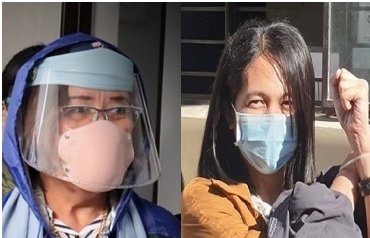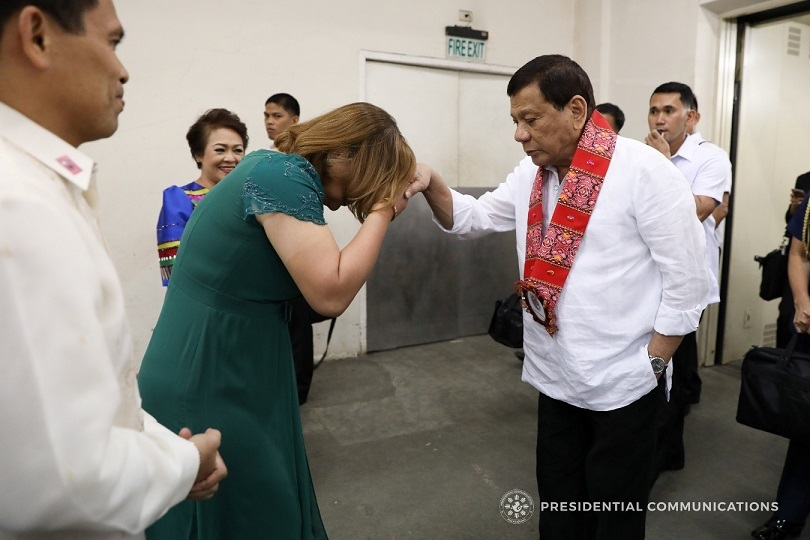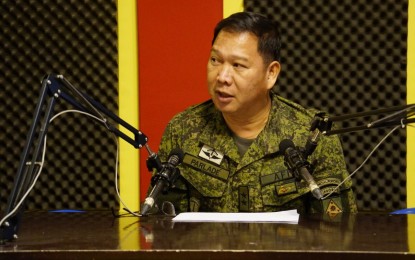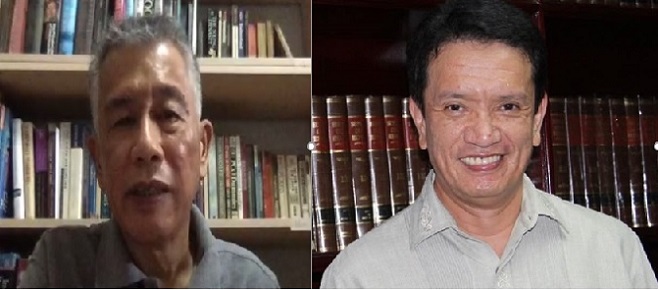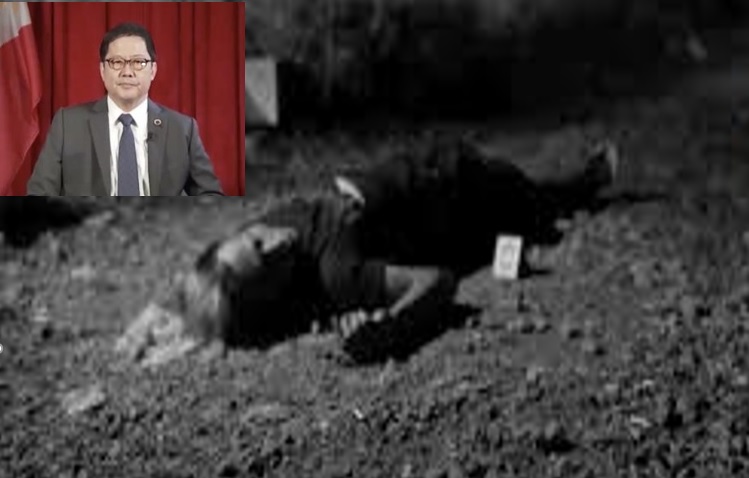
Despite President Rodrigo Duterte’s bravado that he is not worried about the complaints of crimes against humanity filed before the International Criminal Court (ICC) against him and officials involved in the government’s bloody drug war, the speech of Justice Secretary Menardo Guevarra before the United Nations Human Rights Council (UNHRC) last Feb. 24 betrayed the administration’s concern about it.
Toward the end of Guevarra’s speech delivered online, he enumerated what the Philippine government has done on the human rights aspect of Duterte’s brutal war on drugs. He said: “The PH strongly emphasizes its legal and judicial system, its domestic accountability mechanisms are functioning as they should. We reject any attempt by any external entity to assume jurisdiction over internal matters which are being addressed more than adequately by our national institutions and authorities.”
Are they concerned that outgoing ICC chief prosecutor Fatou Bensouda’s report expected to come out before the end of her term on June 15 would recommend investigation of the more than 50 communications that her office had been examining since 2018 and from which it has found “reasonable basis to believe” that crimes against humanity were committed in Duterte’s drug war?
Guevarra’s assertion that “(the Philippine) legal and judicial system, its domestic accountability mechanisms are functioning” stands hollow beside the track record of insolence that government agencies had shown in their response to cries for justice and accountability by families of victims and human rights groups.
A reliable government source said they have investigated less than 2% of the more than 5,000 drug-related killings admitted by police authorities.
Private firm Center for International Law (CenterLaw), which represents families of the victims of the drug war in 28 barangays in San Andres Bukid, Manila in the cases filed before the Supreme Court, accused in 2019 the Office of the Solicitor General (OSG) and the Philippine National Police (PNP) of “underhanded machinations” when they submitted what the lawyers described as “rubbish” documents unrelated to the drug war when they were compelled by the High Court to provide the petitioners’ records of police operations.
The Rome Statute that created the ICC provides that it is the duty of every State to exercise its jurisdiction over those responsible for committing international crimes. The ICC can intervene only when it sees that the government is “unable or unwilling” to “genuinely” carry out the investigation and prosecution of the perpetrators.
Guevarra admitted that there were lapses in the police operations against illegal drugs and tried to show that the government is doing something about it.
In that same Feb. 24 speech, the justice secretary said: “Our initial and preliminary findings confirm that in many of these cases, law enforcement agents asserted that the subject of anti-drug operations resisted arrest or attempted to draw a weapon and fight back. Yet, no full examination of the weapon recovered was conducted. No verification of its ownership was undertaken. No request for ballistic examination or paraffin test was pursued until its completion.
It was also noted that, among others, in more than half of the records reviewed, the law enforcement agents involved failed to follow standard protocols pertaining to coordination with other agencies and the processing of the crime scene.
“We have referred these initial findings to our national police authorities and we have been informed that the appropriate internal investigations of thousands of these incidents have been conducted. And scores of police officers have been recommended for administrative and criminal action. It is now the immediate task of the review panel to ensure that these recommendations have been acted upon and carried out by the proper disciplinarian authorities. And that measures are adopted to minimize loss of lives during legitimate law enforcement operations against illegal drugs. “
The ICC has shown that it is not easily impressed. In the case of Jean-Pierre Bemba Gombo, leader of the Movement for the Liberation of the Congo (MLC) and former vice president of the Democratic Republic of the Congo, who was arrested in 2008 and convicted in 2016 (overturned two years later) of the charges of crimes against humanity, the international court dismissed as “grossly inadequate and not genuine” the supposed actions that the government undertook.
ICC also said: “Notably the Chamber found that the limited measures Bemba took were ‘primarily motivated’ by his desire to counter public allegation and rehabilitate the public image of the MLC.”
Doesn’t that sound familiar?
